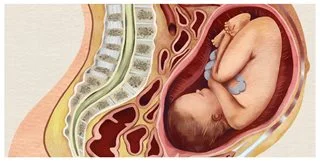
Alcohol during pregnancy
Information on alcohol and pregnancy including breastfeeding, supporting alcohol free pregnancies, and tips to stay alcohol-free.
The ‘Amazing’ campaign aims to increase the proportion of the Western Australian community who are aware that there is no safe amount or time to drink alcohol when pregnant, and that it is recommended that woman who are pregnant or planning a pregnancy should not drink alcohol.
The campaign’s key message ‘You know any alcohol you drink passes directly to your baby and can interrupt their development’ challenges the idea that ‘small amounts of alcohol during pregnancy are okay.’
The campaign is consistent with the evidence base and the NHMRC’s revised Australian Guidelines to Reduce Health Risks from Drinking Alcohol.
The development of this campaign was informed by:
The entire campaign development process was also guided by an Expert Reference Group, which included experts from organisations such as Cancer Council WA, WA Department of Health, No FASD Australia, Royal Australian College of General Practitioners, Kids Research Institute Australia, WA Country Health Service, and Curtin Medical School.
The ‘Amazing’ campaign launched across the state on 30 March 2025 and will run for an initial period of 12 months.
_jpeg_280_214.webp)
Primary target audience
Women of child-bearing age living in Western Australia.
Secondary target audience
Partners, families and support networks of women of child-bearing age in Western Australia.
Tertiary target audience
Western Australian Health Professionals working with women who are pregnant or planning pregnancy.
There is no safe time or amount of alcohol to drink during pregnancy.
Reasearch by experts shows that alcohol use, even at low levels, can impact the development of an unborn baby. The risk of harm to a baby increases with the more a mother drinks and how frequently she drinks.
Alcohol can interrupt an unborn baby's development, which can have lifelong impacts.
Alcohol is a teratogen, which means it can interrupt the normal development of an unborn baby. Alcohol use during pregnancy can cause miscarriage, stillbirth, and permanent damage to the brain of a developing baby, resulting in a range of lifelong physical, mental and behavioural disabilities, known as Fetal Alcohol Spectrum Disorders (FASD).
FASD is the leading cause of non-genetic, developmental disability in Australia. There is concern that as many as 2% of all Australian babies may be born with some form of FASD (O'Leary, 2002).
The Australian Alcohol Guidelines recommend women who are pregnant or planning pregnancy should not drink alcohol in order to prevent harm to their unborn child.
On 8 December 2020, the National Health and Medical Research Council (NHMRC) released their revised Australian Alcohol Guidelines to Reduce Health Risks from Drinking Alcohol. It is now recommended that to prevent harm from alcohol to their unborn baby, women who are pregnant or planning pregnancy should not drink alcohol.
A mother's placenta does not protect a baby from alcohol.
The placenta links the blood supply of the mother to the blood supply of the unborn baby. When a woman drinks alcohol, it passes straight through the placenta to the developing baby, so the blood alcohol levels of the mother and unborn baby are similar.
While the mother might not feel the effects of a few sips or one drink, the unborn baby does.
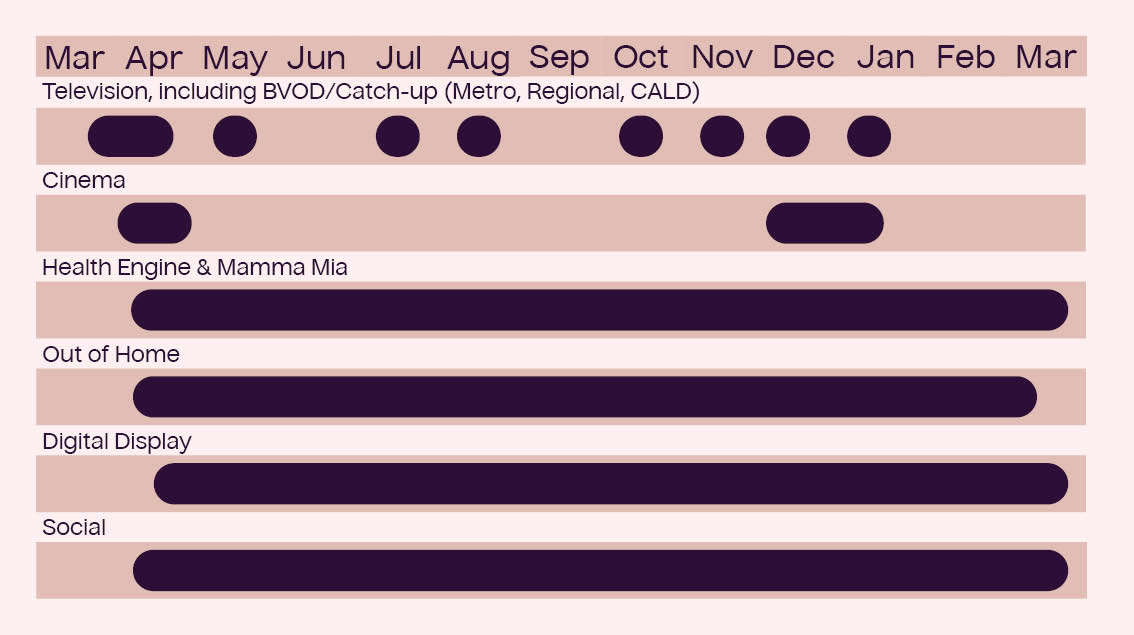

Click the link below to download the social media posts for the Amazing campaign in 1x1 and 9x16 format including suggested copy.
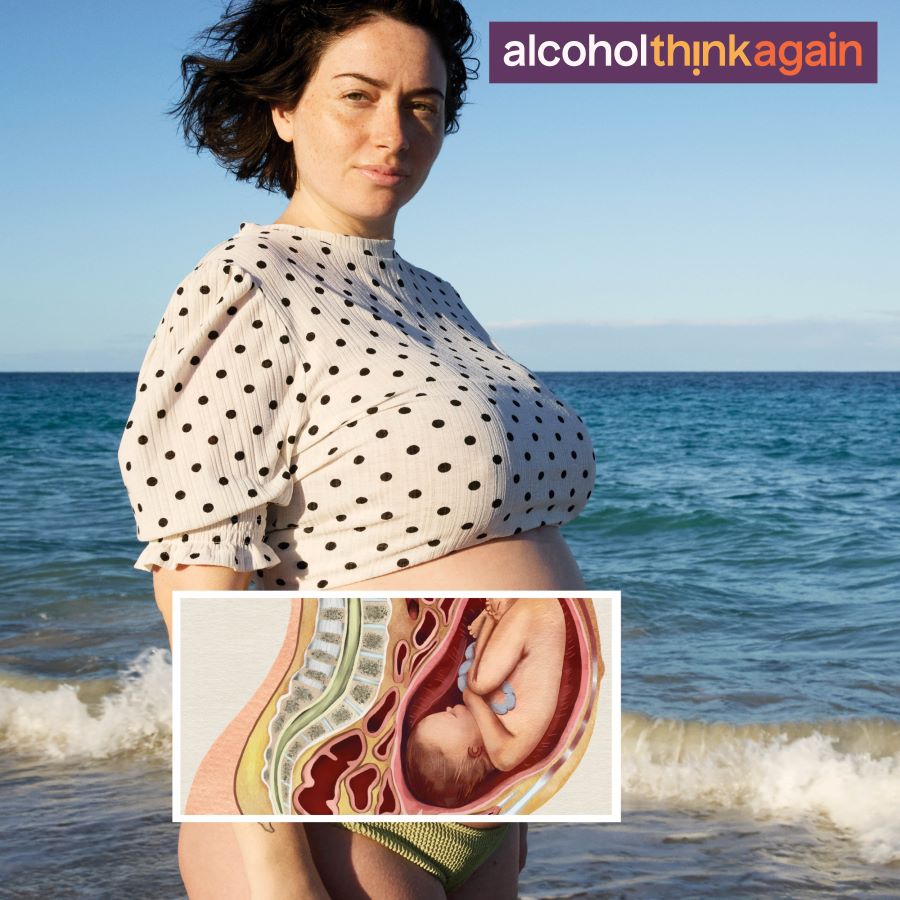
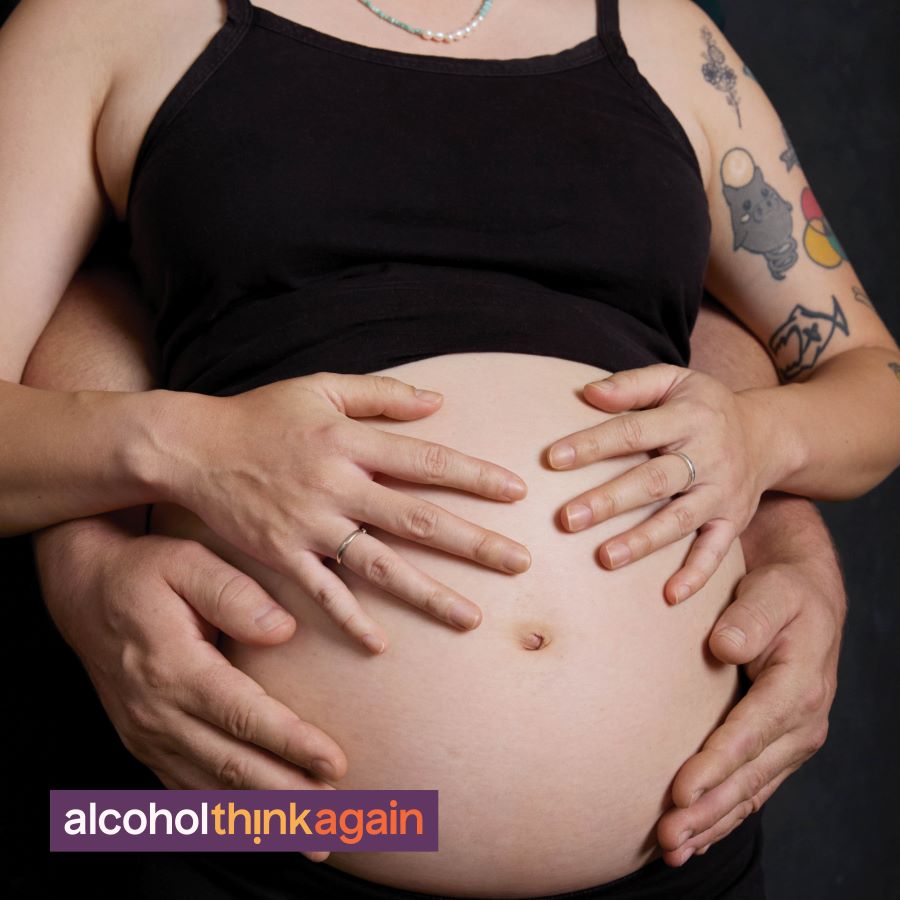
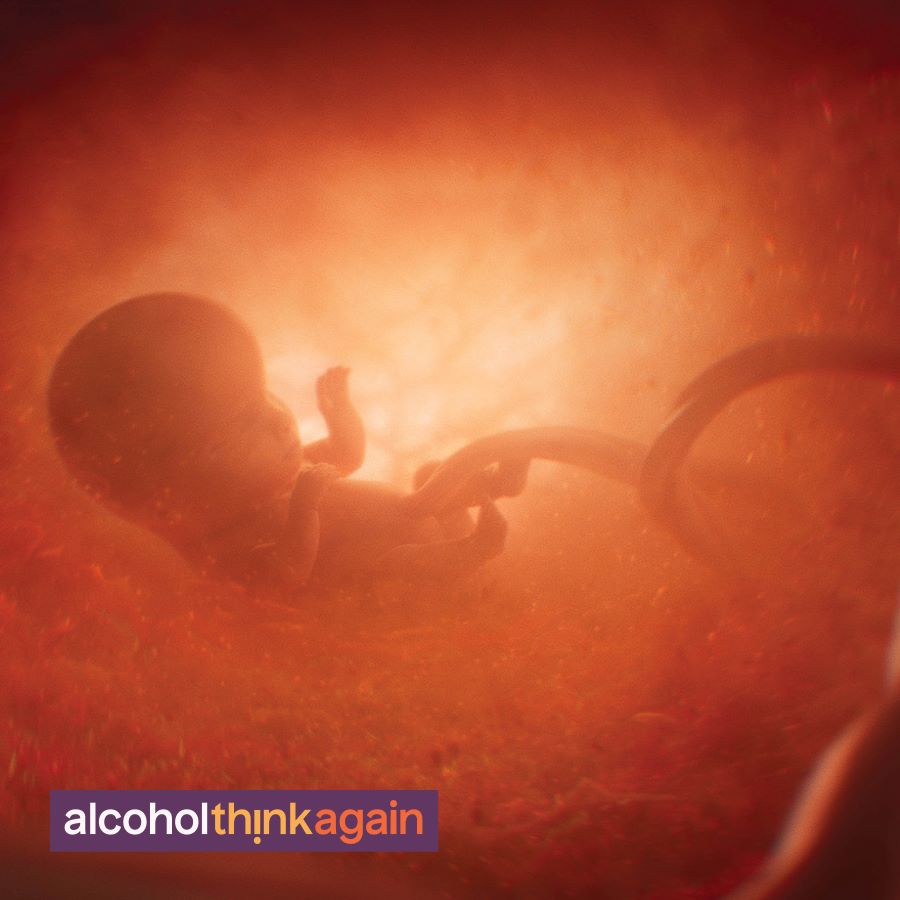
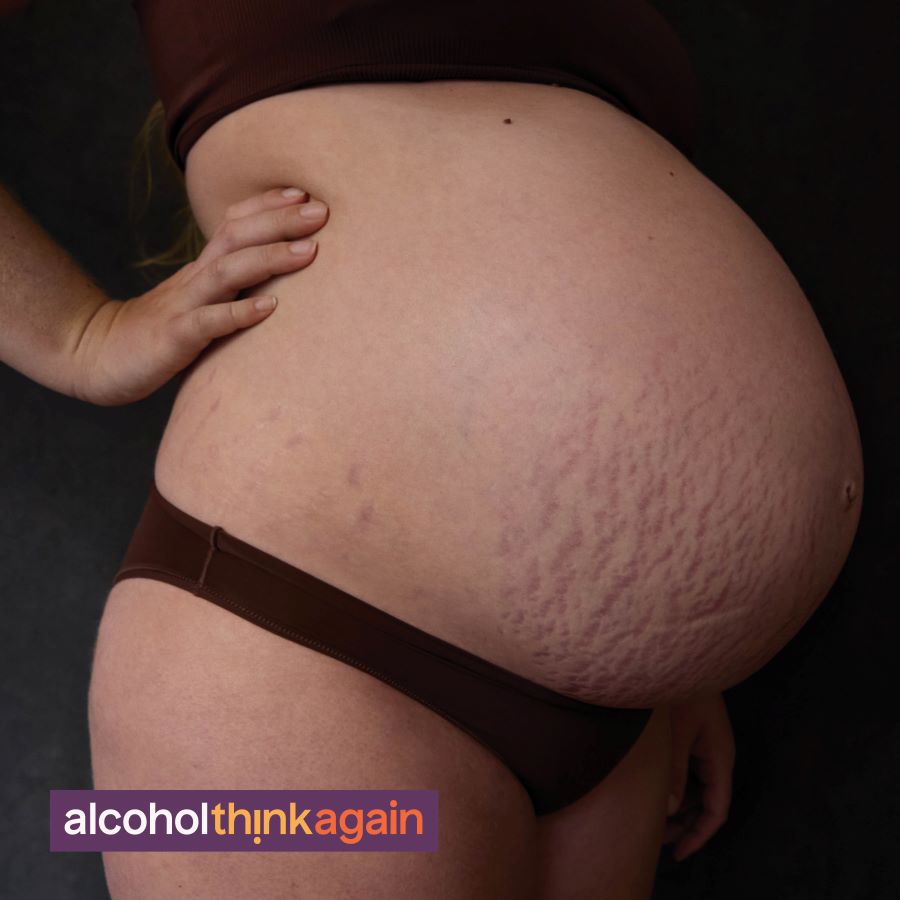
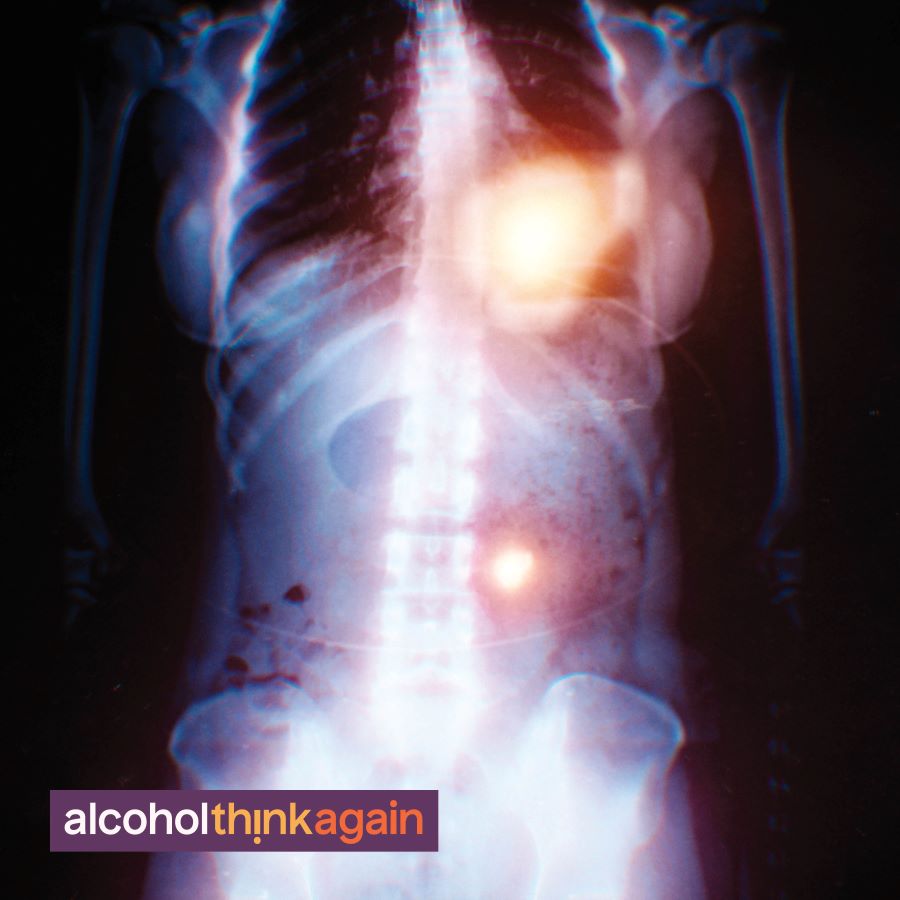
If your organisation would like to partner with Alcohol. Think Again to develop additional resources to support local activities, please get in touch with us at: campaigns@mhc.wa.gov.au
The Alcohol. Think Again logo is a registered trademark and must not be used without prior permission from the Mental Health Commission. Any use of the Alcohol. Think Again logo or branding outside these campaign materials requires approval.
Please provide the following information to campaigns@mhc.wa.gov.au:
The resources and materials within this toolkit are designed for the purpose of supporting local alcohol and other drug prevention and health promotion activities in Western Australia. These materials should not be used in such a way or associated with a brand, service or organisation that may reduce the effectiveness and/or integrity of the materials; may damage the reputation of the Alcohol. Think Again brand, or supports, promotes or utilises sponsorship by companies that produce or promote alcohol beverage products or brands. Contact the Community Support and Development Program Team for assistance in interpreting the appropriate use of these materials.
Email: communityprograms@mhc.wa.gov.au
Page last updated19 January 2026